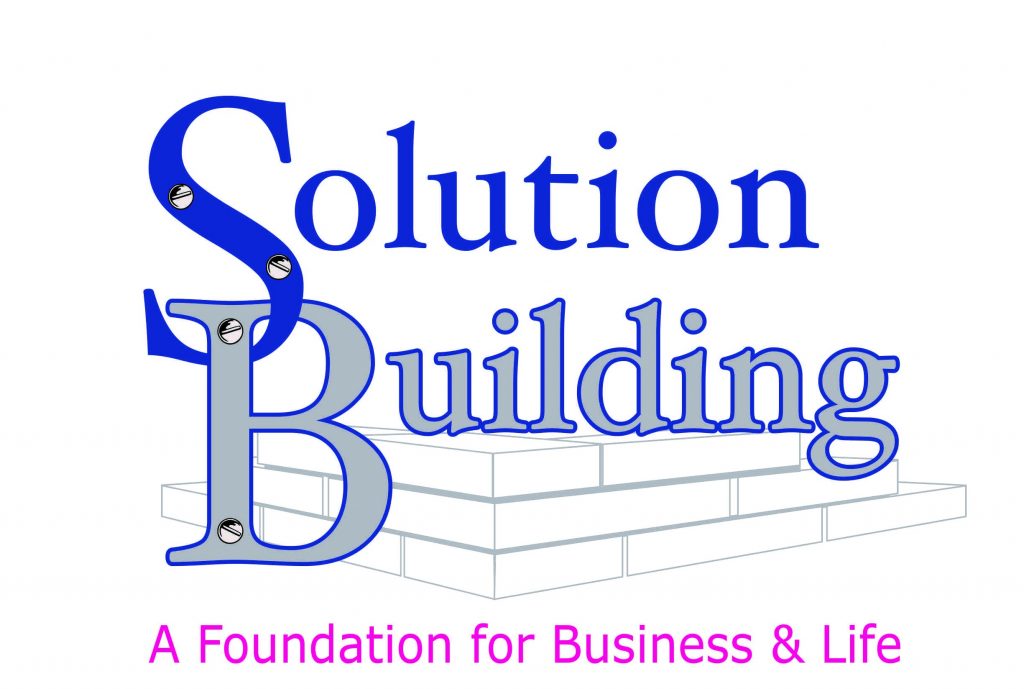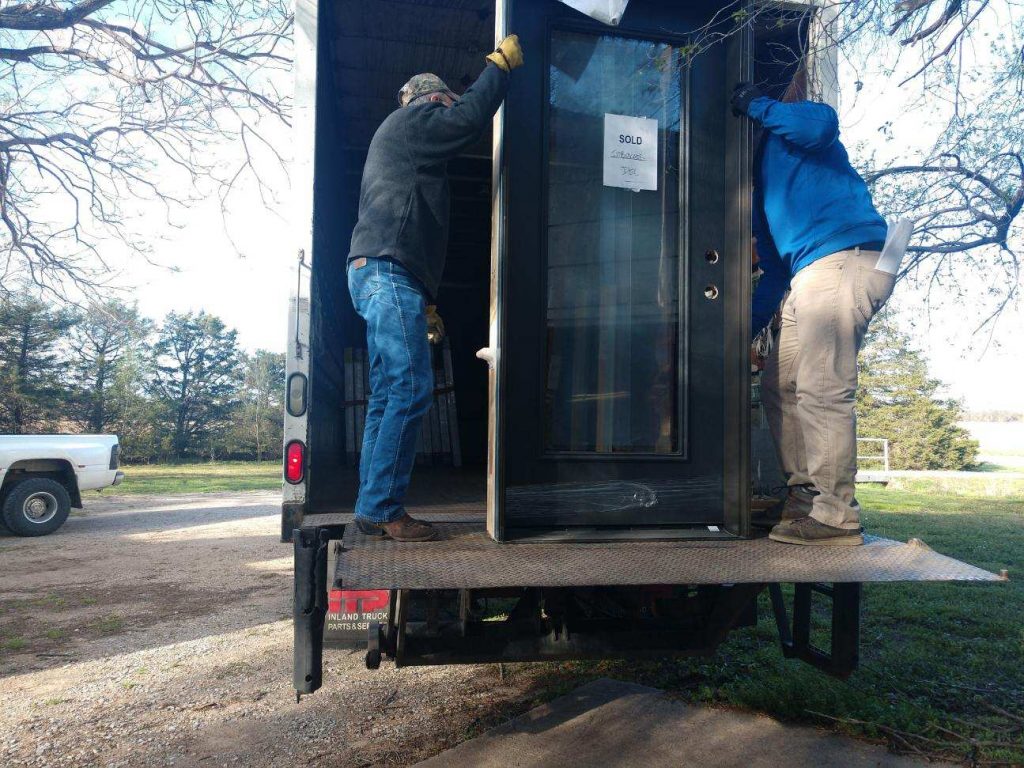The Importance of Changing and Growing

There’s a saying, “A rut is a grave with both ends kicked out.”. Too often we get in a rut and don’t even realize where we are. We are plodding back and forth doing whatever it is, never looking up to see where we are or where we’re going. If we’re not careful the rut will get so deep that we’ll never get out.
On the other hand, changing things just for the sake of change, isn’t a good strategy either. Growing and changing is good if there is a plan. Starting out on a trip without a destination and a map usually doesn’t end well.
Change can be scary; it might not work. We know our rut well and we like it. Doing it because “We’ve always done it this way.” Isn’t a very good plan for improvement. This kind of rut thinking doesn’t allow for growth and change.
Change costs time, effort and money…the question is, is the change worth it?
Things that need changed and are ignored have consequences, i.e. diapers, your car’s engine oil, furnace filters, tooth brushes and bad habits.

Change is a natural extension of growth. As our services have grown from construction at Timber Creek Construction to coaching and consulting at Solution Building there have been a lot of changes. Changing allows us to do what we do better. Early in the growth process things naturally do more changing.
An example of this kind of change is the recent changing of our Solution Building tag line and logo. We originally started out with “A Foundation for Business & Life”. This was beneath the logo which included an image of a block foundation holding up the words Solution Building. This isn’t something that was thrown together quickly. I had given it a lot of thought and was sure it was the right choice.

After being confronted three different times by people thinking we laid block foundations I decided we needed to make some changes.
After going back to the proverbial drawing board, we changed the tag line to “Helping you find solutions for building your dreams”. The logo changed from the block foundation to a detective’s magnifying glass. This seems to better explain what we do…not to mention I’m NOT getting asked to lay concrete blocks.

It’s important that your message is clear.
Another change that we are going to be implementing next week is the changing of our weekly solution schedule. Since we added the mid-week Sunday School (email) post we’ve noticed that it consistently gets more opens. This caused me to ask the why question. We have concluded that people would rather not spend their weekends reading posts (no matter how good they are 😉).

So, rather than staying stuck in the rut of Saturday and Wednesday posts, we’re going to make some schedule changes. We are going to move the Saturday post to Monday and the Wednesday post to Thursday. I’m anxious to see if this change will help the open rate grow. If not, we can always change again.
One thing that helps us serve better is feedback. Please give us any thoughts you have about day of the week preferences, construction topics or business questions in the comment section below.









































